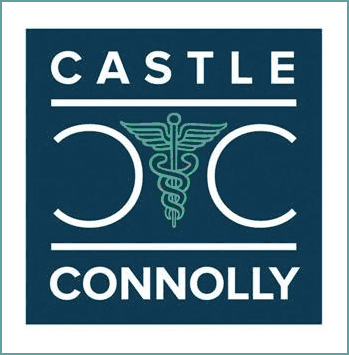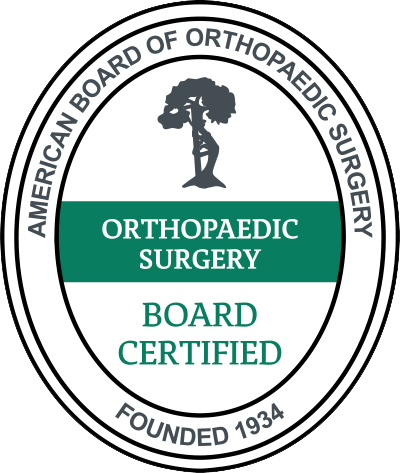What is First MTP Joint Replacement?
This procedure treats severe arthritis of the joint at the base of the big toe. This is the first metatarsophalangeal joint, commonly called the first “MTP” joint. Arthritis in this joint can cause pain and swelling. It can limit your ability to walk, and it can limit the types of shoes you can wear comfortably. During this procedure, an implant is inserted to improve the function of this joint.
Preparation
In preparation for the procedure, you are given general anesthesia. The surgeon makes an incision in your skin to expose the MTP joint.
Removing Bony Growths
The surgeon carefully clears away the bony growths from the ends of the two bones that meet at this joint. These are the proximal phalanx and the first metatarsal. The surgeon may also trim the proximal phalanx to create space for the implant.
Inserting the Implant
The surgeon makes a small channel in the end of the proximal phalanx. The implant is pressed securely into place. It covers and provides a new surface for the end of this bone. The implant allows the joint to glide smoothly, improving function.
End of Procedure and Aftercare
When the procedure is complete, the incision is closed. Your foot is bandaged, and you may wear a slipper or a postoperative shoe. You will be monitored for a brief time before you are allowed to go home. You may be asked to temporarily refrain from putting weight on the foot after the surgery. Your doctor will give you specific instructions to aid your recovery.



